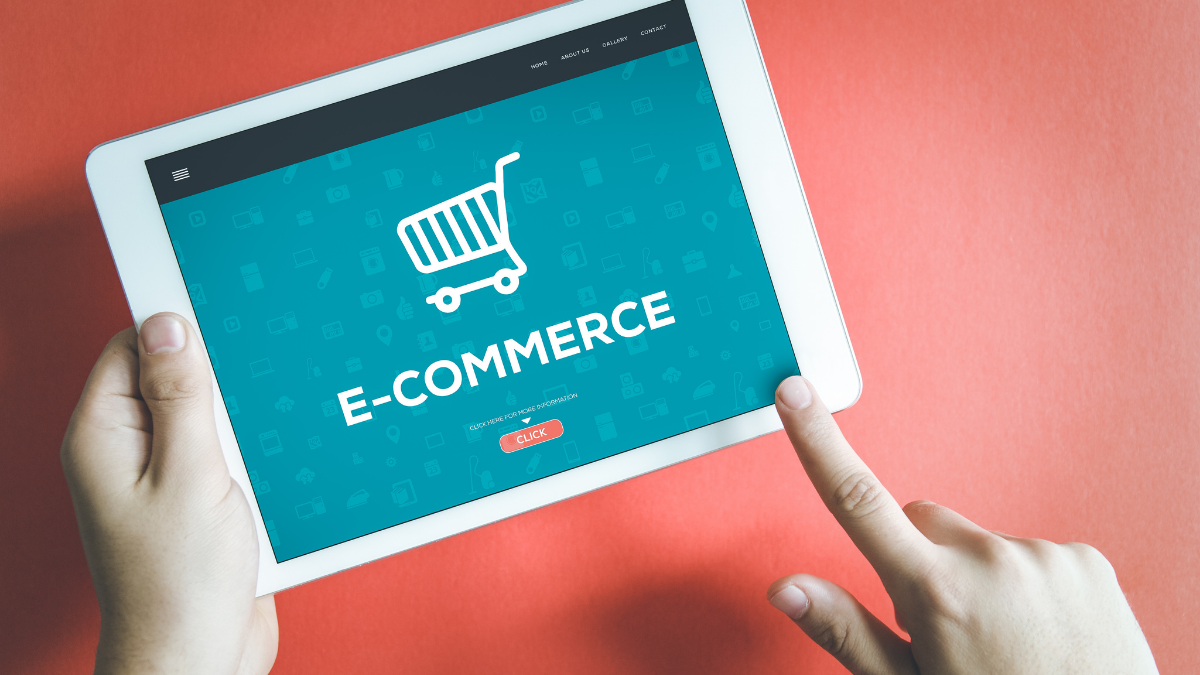The effects of COVID-19 and the continued shift towards online ordering and purchasing have resulted in what is now known as the `eCommerce boom.`
With more and more consumers now online searching and requesting products and services from around the world, managing and enhancing your supply chain and incorporating efficient practices that help boost resilience in operations has never been so important.
Today, businesses are looking to outsource in order to meet these demands effectively and efficiently, onboard new suppliers and grow their networks quickly.
A shift in consumer behaviour
Ecommerce and the emergence of this new eCommerce boom, of course, offers numerous benefits (increased sales and revenue, increase in business opportunities, further growth, and better investment opportunities). However, currently, we also see an increase in pressure placed on business and considerable strain placed on logistics networks.
Ecommerce platforms like Amazon are also helping to shape and change the way consumers behave online as they ramp up and vastly increase their presence in the logistics space.
The decentralising and diversifying to smaller independent sellers through online platforms like Amazon can also create more complexity and challenge to supply chain management processes, as businesses now face higher communication costs as there is a growing need for standardisation and transparency in operations, as well as an increase in demand to grow networks quickly and effectively.
Going forward we will see AI and real-time data more heavily relied on than ever before, and as we navigate our businesses and processes through the remainder of 2021 and beyond, it will be those supply chain service providers who can improve their operational and logistical efficiencies and who have a resilient supply chain who will be the ones who lead the way.
Building supply chain resilience
Further investment in new products, services, and talent is required to support and continue to meet consumer demand.
Businesses must look to expand networks, work with different suppliers, and grow product ranges to stay relevant and capitalise on this current wave.
The focus is on streamlining supply chain management, safeguarding networks, and providing an element of resilience that helps to protect you against market disruptions like COVID-19.
Now is the time to access new and improved import-to-market solutions to support your eCommerce growth. Thus, making it vital that you ensure your supply chain and networks are flexible enough to meet the ever-changing demands of consumers, the environment, and current economic situations.
Using the data and insight you have, planning, forward-thinking, and investing in the right supply chain procurement solutions can help you look at improvements in transport solutions, storage stations, delivery options, and more.
Areas to consider to ensure supply meets demand:
- Are your fulfilment centres close to your customers? Do they need to be? What delivery options within your network do you have?
- Businesses must be able to pivot faster, implementing agile strategies and processes.
- Do you have access to real-time data to make positive and informed business decisions?
- How can you increase supply chain visibility?
- How can you onboard suppliers quickly and securely?
Working with GHL
At GHL Procurement, we help businesses overcome the logistical challenges faced locally and globally, connecting you to cost-effective, efficient solutions.
We aim to support your fulfilment requests through a robust and reliable network. Optimising supply chain efficiencies offering a high level of transparency throughout.
Let us help you strategically plan for continuing industry transformation; book a call with a member of our procurement team today.



